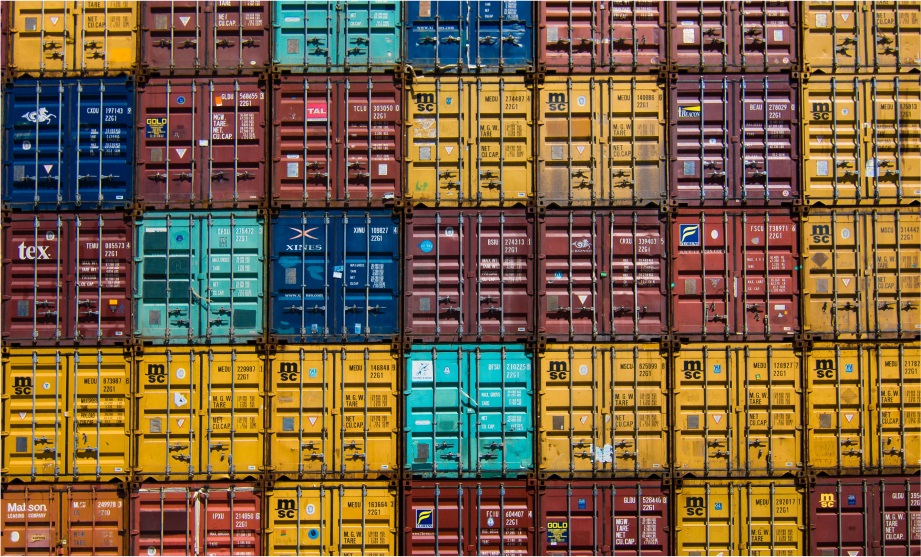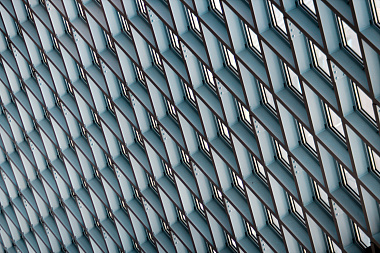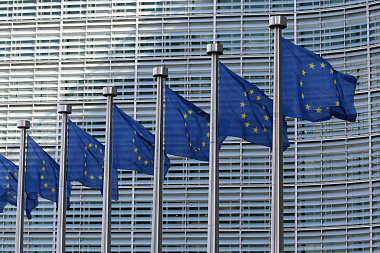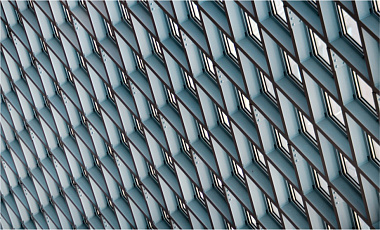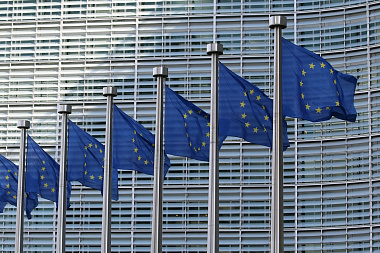In this legal update, we are looking at the key aspects of how the practice on the inclusion of intragroup royalties in the structure of the customs value of goods is developing and suggests recommendations on how to protect companies’ interests.
Intragroup royalties in the structure of the customs value of goods
Supreme Court’s findings- By virtue of the Supreme Court’s rulings issued in respect of cases
No. A09-1751/2021 andNo. A09-1129/2021 Rulings of the Supreme Court's Board for Economic DisputesNo. 310-ЭС22-9639 dated 2 December 2022 in relation to caseNo. А09-1751/2021 andNo. 310-ЭС22-8937 dated 2 December 2022 in relation to caseNo. А09-1129/2021 , cases on challenging the decisions of customs authorities on the inclusion of licence payments made by major distribution companies in favour of related foreign right holders (“Royalties” or “Intragroup royalties”) in the customs value of imported goods, which had been previously resolved in favour of the Importers, were sent for a retrial. - The Supreme Court did not uphold the rulings of lower courts saying that the following key factors should be taken into account during the retrial:
- whether it was possible and economically reasonable to import goods without using intellectual property and paying intragroup royalties, taking into account the rules adopted within the group of companies for organising commercial activities under a certain brand, not only legally (de jure), but also practically (de facto);
- whether the entry filer (customs declarant) produced proof that the relationship of the parties did not affect the value of the transaction, including documents and information on the pricing that was applied when exporting goods to the Russian Federation.
Commercial court’s findings resulting from the retrial
- During the retrial of one of the abovementioned casesJudgement of the Bryansk Region Commercial Court with respect to case
No. А09-1751/2021 dated 20 April 2023, the commercial court found in favour of the customs authority, having made the following key findings. - The commercial court found as insufficient the transfer pricing documents that had been produced by the Importer as proof of the fact that the price of disputable goods ensured that all of the supplier’s expenses and the Importer’s ordinary profit were covered.
- The court pointed out that the provided documents did not disclose the real value of goods since there were no comparables and more specifically:
- no proof was produced that the imported goods were available to the public at the same prices as to the Importer; and
- no information has been provided on the profit of market actors carrying out the same activity as that of the suppliers of goods (based on the accounting statements of such persons).
- In such circumstances, the court made a conclusion that the intragroup payments for the use of intellectual property rights made it possible to sell goods to the country of import for their subsequent resale and, therefore, such payments should have been regarded as elements of the real value of goods, which by virtue of article 40(1)(7) of the EAEU Customs Code must be taken into account for customs valuation purposes.
How law enforcement has changed?
- Customs authorities have stepped up their customs audit efforts in relation to licence payments and agency VAT with respect to goods imported over the past three years and current supplies.
- Not only distributors that import goods, but also manufactures that import raw materials and components used in their manufacturing activity have been subject to a customs audit.
- Many companies are already in the process of challenging, in court, the customs authorities’ decisions on additional royalties to be charged on top of the customs value of goods, but case law in relation to such disputes varies from case to case.
Including agency VAT on licence payments in the customs value of imported goods
- During the last few years, in the course of auditing activities, customs authorities are often insisting — based on the position of the Ministry of Finance of the Russian FederationLetter of the Ministry of Finance of the Russian Federation
No. 27-01-21/82729 dated 13 October 2021,No. 03-10-08/66933 dated 19 November 2015 andNo. 03-10-11/45719 dated 4 August 2016, which in its turn is based on the interpretation of the acts of the World Customs OrganizationAdvisory Opinions4.16 and4.18 of the WCO's Customs Valuation Technical Committee — that not only intragroup licence payments should be included in the customs value of imported goods, but also agency VAT may be withheld from such payments and remitted by a customs declarant to the Russian budget (“Agency VAT”). - The case law on the inclusion of agency VAT in the customs value of imported goods is contradictory; until now, the Supreme Court has not taken any legal position on the matter.
- Considering the aforesaid, companies should carry out a proper legal analysis for the purpose of mitigating the risk of additional surcharges on agency VAT in relation to previous supplies and managing expenses on current supplies.
Conclusions and recommendations
- Taking into account the recently tightened control over the inclusion of licence payments and agency VAT in the customs value of goods, companies that in the past three years remitted licence payments or other similar payments need to carry out a proper legal analysis of such payments from a customs risks perspective.
- As part of the legal analysis, one will need to examine the use of intellectual property rights in relation to goods imported and manufactured in the Russian Federation since it may be that such intellectual property is not connected with the goods in any way.
- Considering the current practice, in a number of cases it is difficult to prove that there are no grounds for including the full amount of intragroup royalties in the customs value of imported goods.
- Therefore, in the course of a legal analysis it is often important to work through a legal position on minimising the amount of potential surcharges depending on the circumstances of the case. In addition, one should thoroughly work on pricing documents for export.
- According to the current legislation, companies can conduct a proper legal analysis and cure breaches by adjusting the customs value of goods imported over the past three years and voluntarily making additional customs payments before the start of customs audit activities, which will allow them to escape liability for customs breaches.
- Considering the growing number of court cases where courts find in favour of the customs authorities, it is important to prepare a substantiated legal position beforehand or at the stage of a customs audit in order to mitigate customs risks.
With years of experience in providing all-inclusive legal support to companies by navigating them through customs controls and challenging customs authorities’ decisions in and out of court as well as by advising companies on administrative and criminal prosecution and sanctions, our team will be happy to support you in these matters.
